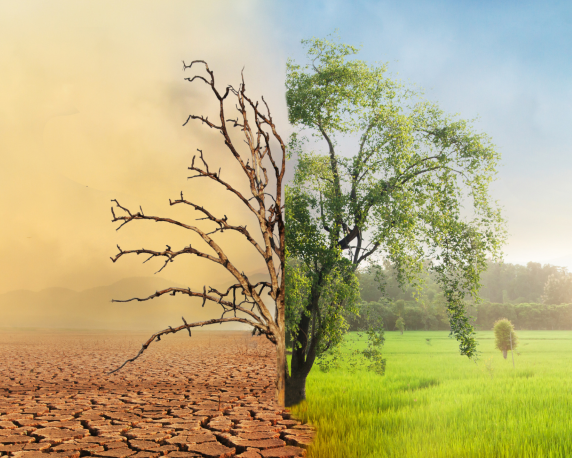
Like many other African countries, Kenya is highly vulnerable to the impacts of climate change. Because the country's economy heavily depends on climate-sensitive sectors such as agriculture, forestry, and tourism, all are threatened by changing weather patterns, increased frequency of droughts, and other extreme weather events. In response, the government of Kenya has launched several initiatives to promote climate-smart solutions to mitigate the impacts of climate change.
One such initiative is the National Climate Change Action Plan, launched in 2013. The plan sets out a framework for implementing climate-smart solutions in Kenya and aims to reduce greenhouse gas emissions by 30% by 2030. In addition, the plan identifies several key areas where action is needed, including agriculture, energy, transport, and forestry.
The government has been promoting adopting climate-smart agricultural practices such as conservation agriculture, agroforestry, and integrated crop-livestock systems in the agriculture sector. These practices help conserve soil moisture, improve soil health, and increase crop yields while reducing greenhouse gas emissions.
Kenya has made significant strides in developing renewable energy sources such as geothermal, wind, and solar power in the energy sector. The country's geothermal resources, in particular, have enormous potential. The government has targeted generating 5,000 megawatts of geothermal power by 2030. This will help reduce greenhouse gas emissions and provide affordable, reliable electricity to millions of people who currently lack access to it.
In the transport sector, the government has launched several initiatives to promote the use of low-emission vehicles and reduce the carbon footprint of the country's transport system. One such industry is developing a bus rapid transit system in Nairobi, providing affordable, efficient, and low-emission public transport to the city's residents.
In the forestry sector, Kenya has implemented several programs to promote sustainable forest management and reduce deforestation. These programs include the implementation of community-based forest management systems, the establishment of forest reserves, and the promotion of sustainable logging practices.
Overall, Kenya's efforts to promote climate-smart solutions are commendable. The country has made significant progress in several key areas. However, a lot still needs to be done to ensure that Kenya can adapt to the impacts of climate change and build a more sustainable, low-carbon future. It requires continued investment in renewable energy, sustainable agriculture, other climate-smart solutions, and policies and regulations supporting their implementation.


